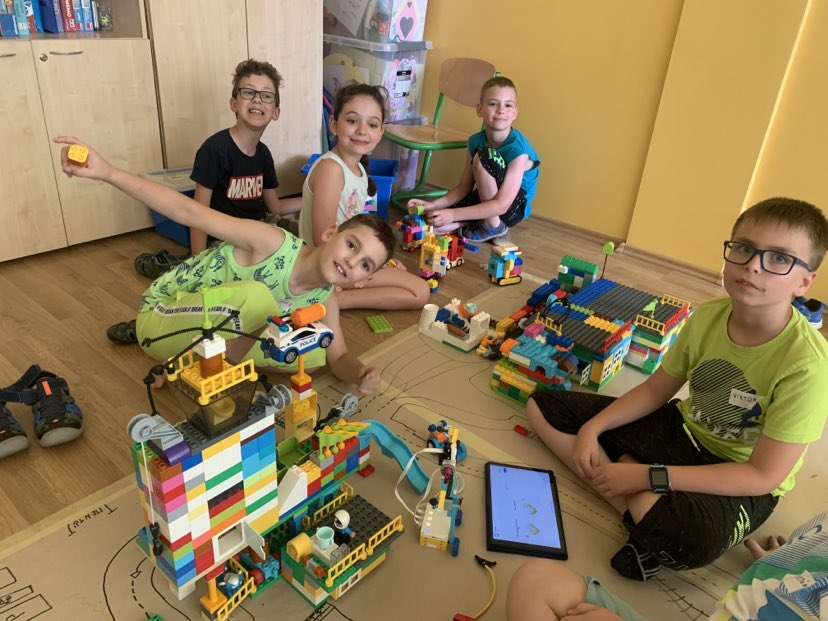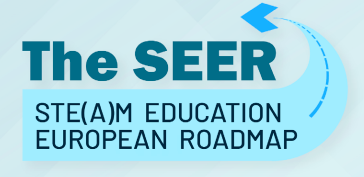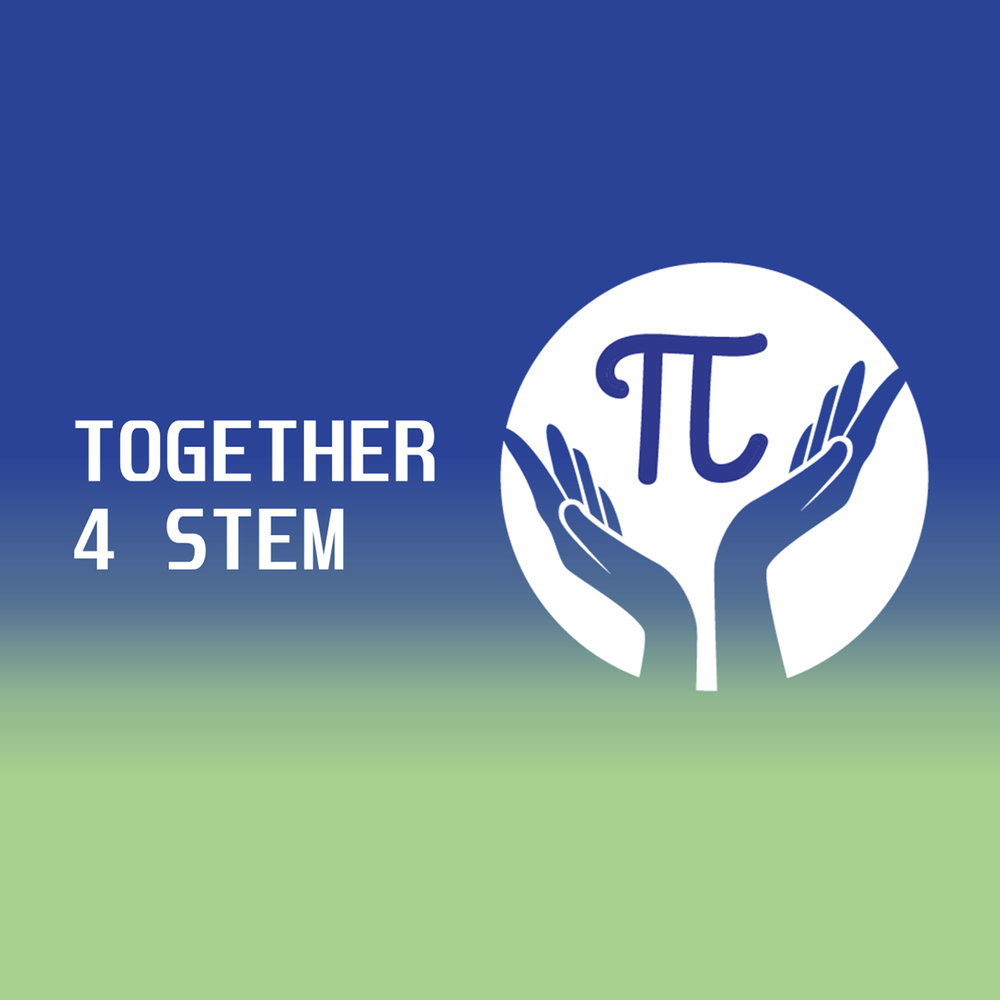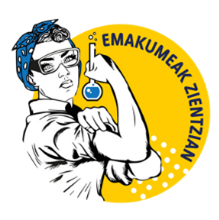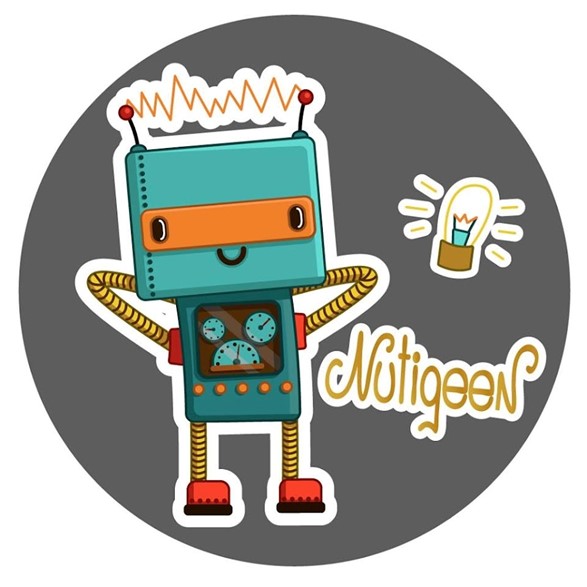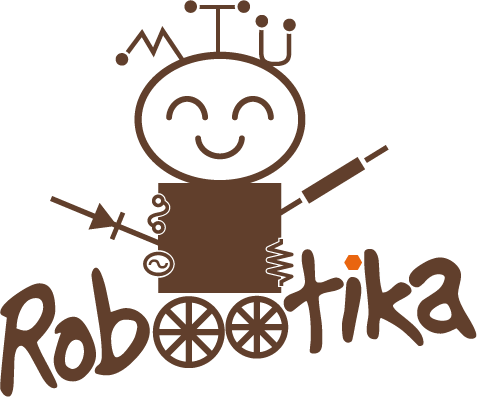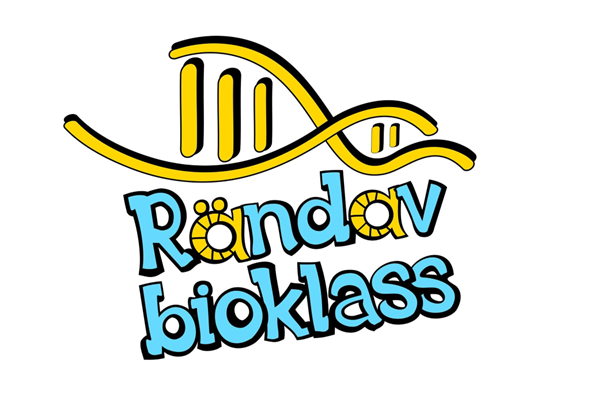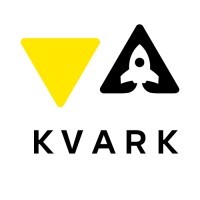VET Toolkit for Tackling Early Leaving
This Europe-wide toolkit is inspired by successful VET practices is a result of Cedefop's work on tackling early leaving from education and training aiming at:
- helping young people at risk of becoming early leavers to remain in education and training and qualify;
- helping early leavers to reintegrate into education or training and the labour market
Policy-makers and practitioners, working in a ministry, VET school, company, guidance centre, public employment service, social service, or youth organisation, looking for ways to:
- helping young people at risk of becoming early leavers to remain in education and training and qualify;
- helping early leavers to reintegrate into education or training and the labour market.
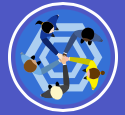
-
-
Funded by CEDEFOP






